Are you an inventor bursting with ideas? Do you feel like your next invention is going to make you millions of dollars?

If yes, then filing for a patent might be the right decision for you!
By filing for a patent you can safeguard your invention from competitors while getting exclusive rights to make, use, and sell an invention for a long time.

What Is A Patent?
A patent:
is a type of property right granted to an inventor.
gives the creator protection against their invention being copied, used, manufactured, or sold without the inventor's permission within the specific country where the patent has been filed.
allows the patent holder to sue someone who makes or uses their invention without approval.
can be sold to another person or a company.
is issued by the U.S. Patent and Trademark Office (USPTO) in the U.S.

Why You Should Patent Your Invention
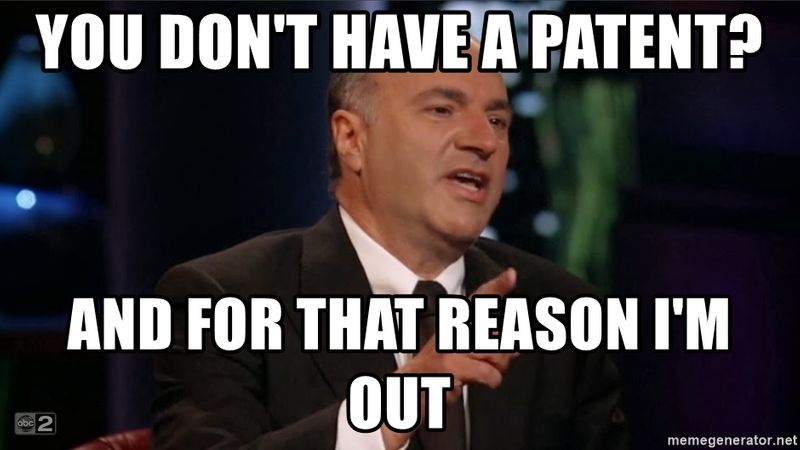
Your invention will be legally protected. This will give you an edge over your competitors as they won't be able to copy your unique invention.
It will steer you towards cashing your invention and help you turn it into a successful business.
Investors love to invest in patented inventions.
If you sell your patent, to a third party, you can earn royalties.
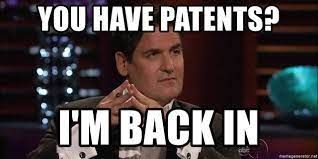
Criteria For Patenting
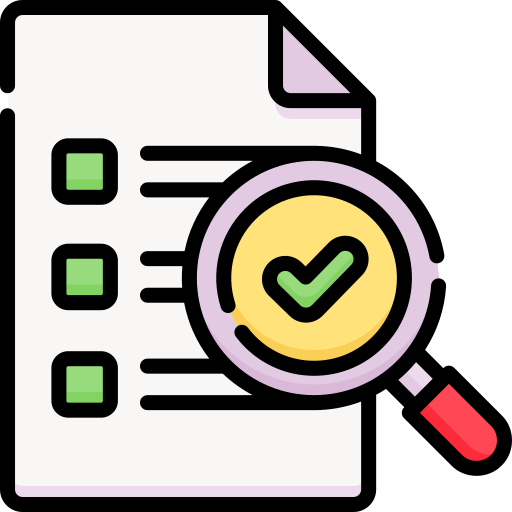
For an invention to be patentable, it has to satisfy certain requirements:
be statutory (the invention must belong to specific subjects)
be original or new (something not known to the public)
be useful (it's of utility, something people would buy)
be non-obvious (the invention shouldn't be obviously recognizable to a person with knowledge of the subject)
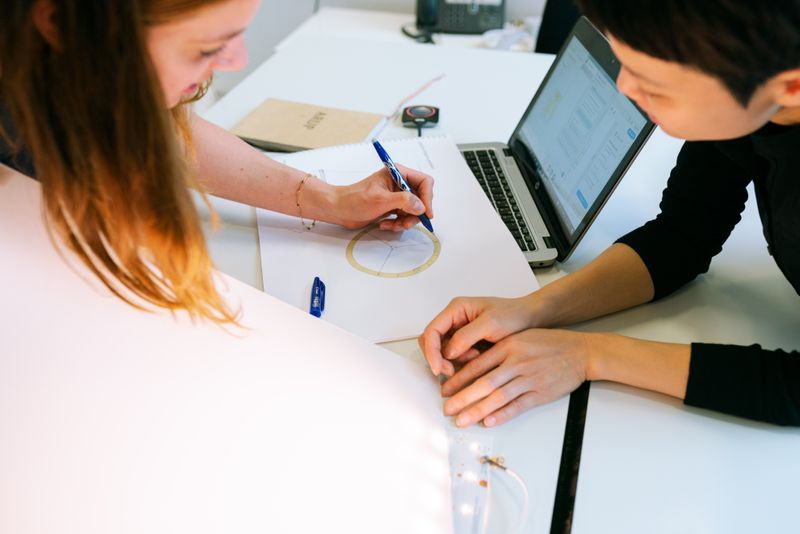 Photo by ThisisEngineering RAEng on Unsplash
Photo by ThisisEngineering RAEng on UnsplashWhat can be patented?
Not every idea you have can be patented. According to the US Supreme Court, the laws of nature, physical phenomena, and abstract ideas are not patentable. The USPTO has strict rules about what kind of things you can patent. You can patent:
processes (Eg: an industrial, manufacturing process)

machines (Eg: industrial, electronic gadgets, etc. )
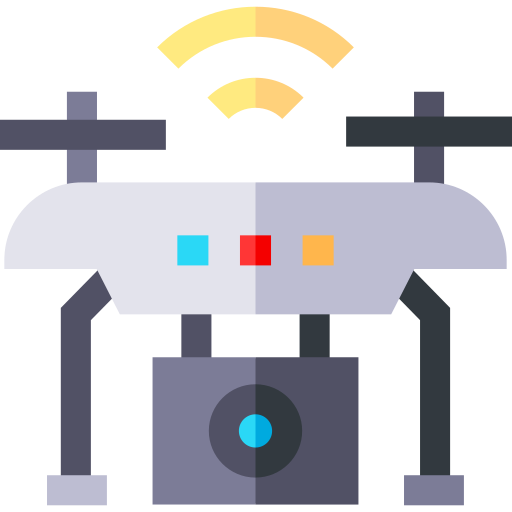
articles of manufacture ( Eg: toys, tools, pharmaceutical drugs)

compositions of matter (Eg: biological materials)
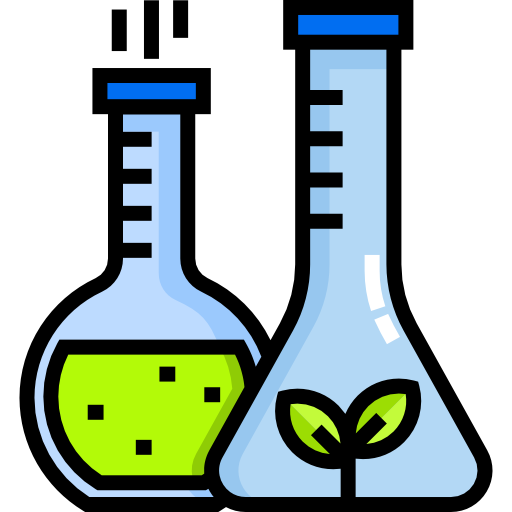
Quiz
Which of the following are NOT patentable?
Steps To Obtain A Patent
Step 1. Know your invention
The foremost task is to figure out if your invention is patentable. Use this guide by the USPTO (United States Patent and Trademark Office) to get more information on the topic.

Step 3. File a Provisional Patent Application
This is a less formal document that proves that the inventor is in possession of the invention, while the inventor prepares to file a formal patent application. This will be a safety net against the invention being copied or someone else filing the patent for the invention and claiming the rights.

Step 4. Prepare to file a formal patent application
Although a patent application can be filed by a non-attorney, it might be in your best interests if you were to hire a patent attorney in your state to file a formal patent application on your behalf.

💡 On a limited budget but willing to do your own research? Then filing it yourself might be an option for you. Ensure you've got all the documents required to file a formal patent application. Use this checklist as a reference.

Cost and Time Taken to File a Patent

How long does it take?Traditionally, it takes around 24 months for a patent to be approved, from the date it is filed on.
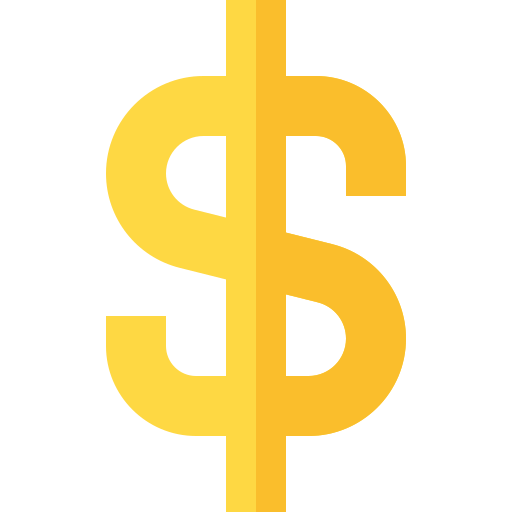
How much does it cost?Depending on the complexity of the patent, it can cost anywhere from $900 to $10,000 or more.
Take Action
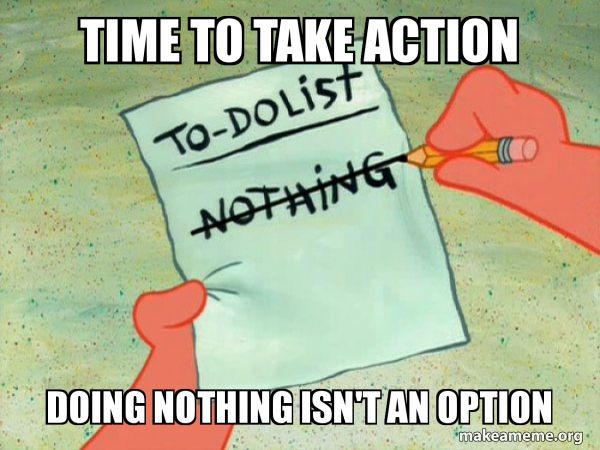
Your feedback matters to us.
This Byte helped me better understand the topic.

